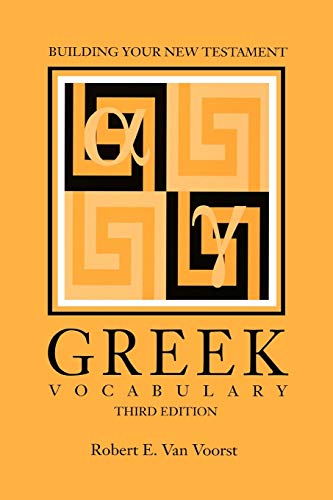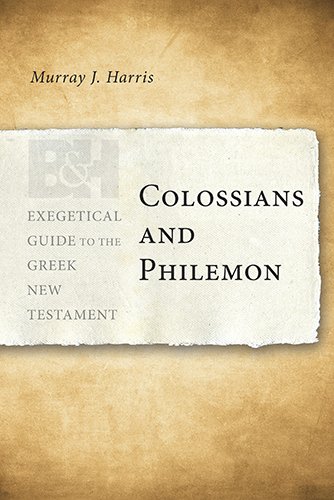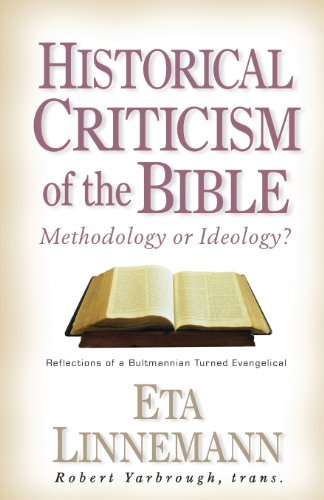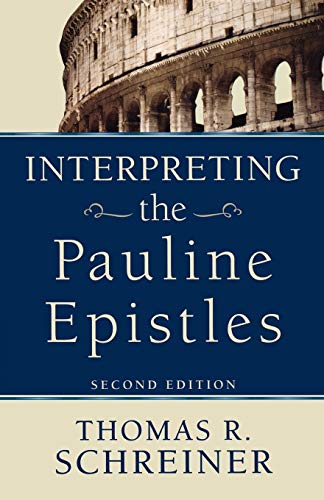Volume 17 - Issue 3
Whose new world order?
By Christopher J.H. WrightPoliticians like telling theologians to stick to their trade. Perhaps that is why I tend to prick up my ears when politicians themselves say things that enter the theological arena. President Bush, for example, stirred up a buzz of theological reflections (in my mind at least, if not in those of his original hearers) when I heard on the radio last July that he had told a Moscow audience, ‘Socialism has failed because human nature could not be created anew’. My first thought was that God has been creating human nature anew for quite a long time now, but perhaps the President hasn’t noticed. Or perhaps the kind of Christianity he is familiar with has not been noticeable for its transformatory qualities in the social realm.
Then I began to puzzle over the logic and implications of Mr. Bush’s declaration. Did he mean that socialism would have been a success if human nature could have been different? That it was an ideal worth striving for, but doomed to inevitable frustration because people just aren’t good enough to make it work? That a vision of a fairer society isn’t a match for instinctive human greed, selfishness and competitiveness? That therefore only an economic system that legitimizes those urges has any hope of success? So, to rephrase his sentence, would he argue that capitalism has succeeded because human nature is irretrievably sinful? Well, there certainly is a school of Christian economists who argue that free market capitalism is the best economic system for a fallen world populated by naturally selfish people, on the grounds that it manages to harness individual selfishness towards the common good. But that is not the flavour of much western response to the collapse of state socialism in central and eastern Europe and the former Soviet Union. There is rather a triumphalist air of the moral superiority of capitalism per se over socialism, which goes along with ill-disguised self-congratulation. ‘We won the Cold War’, proclaimed President Bush in his State of the Union address, though adding, with another touch of theological varnish, ‘by the grace of God’.
Without hesitation many Christians in the former Soviet bloc countries would attribute to the grace of God, and much prayer, the revolutionary change that has liberated them from political tyranny and economic folly. It is more questionable if they would agree that somebody ‘won’ it for them. Nevertheless, one can be grateful for the acknowledgment of a God of grace, even in the dubious company of national claims. I find it harder to imagine a British politician publicly attributing anything to the grace of God. Some might prefer it that way, of course, since there is always the temptation that once you start invoking the name of God in relation to national and international affairs, he becomes co-opted on to one side or another in conflicting claims and objectives—‘God is on our side’ … along with other celebrities. That way lies a self-righteousness bordering on the blasphemous.
In the course of teaching Deuteronomy again recently, I have been impressed afresh with how God tried to strip away from Israel any such delusions. In the aftermath of the Gulf War, when the dominant western powers in the UN alliance made much of the alleged moral justification for the war, by regarding themselves as agents of retribution and restraint against the wickedness of Saddam Hussein, there was a subtle move beyond that argument into claims of moral superiority as the beacon of all that is best and right for the human race. Israel faced the same temptation, since they were explicitly charged with carrying out divine judgment on the wickedness of Canaan. But they were warned in no uncertain terms that being an agent of God’s justice in history is not in itself a proof of national righteousness. A ‘just war’ (if we allow the possibility in the biblical sense of a war which executes God’s justice in a limited and partial historical context) may be waged by a deeply unjust nation. Israel were to claim no moral superiority out of military victory alone.
After the Lord your God has driven them out before you do not say to yourself, ‘The Lord has brought me here to take possession of this land because of my righteousness.’ No, it is on account of the wickedness of these nations that the Lord is going to drive them out before you. It is not because of your righteousness or your integrity … your integrity … but on account of the wickedness of these nations … (Dt. 9:4–6, italics mine).
God, in his sovereign control of history and in the exercise of his historical justice among the nations, is not bound to use only those nations that have A+ on their ethical report-card. He could use a Sennacherib, a Nebuchadnezzar—both of whose nations are themselves subject to prophetic condemnation for their excesses. So as we seek to discern the hand of God in contemporary history, we should be careful that in rejoicing in the overthrow of evil regimes we do not whitewash the current ‘winners’, or exempt them from the moral critique that is part of the prophetic task of the church in any part of the world.
And if it is difficult to interpret the recent past, what are we to make of the future? There is a certain irony that President Bush’s pessimism regarding human nature, to which he attributes the failure of socialism, sits alongside an optimistic affirmation of a ‘new world order’. If individuals cannot be ‘created anew’, what hope is there that the world can? Perhaps it was just typical British preference for the pragmatic over the visionary (since it was hardly intended theologically!) that made Foreign Secretary Douglas Hurd comment on the American President’s phrase that what we are seeing in recent months is not so much a ‘new world order’ as ‘new patterns of world disorder’.
Biblically speaking, of course, they are both right! Human history from the tower of Babel to the return of Christ could be described as ever-changing patterns of world disorder. There is nothing new in that, as Ecclesiastes would remind us. But there is also a new world order—not only eschatologically speaking when the parousia ushers in the new creation, but present and at work in the world now. The new world order arrived on the day God raised Jesus from the dead and exalted him to his right hand. The rock not cut by human hands which will ultimately shatter and replace all human kingdoms (Dn. 2) has come. The one like the son of man who will ultimately oversee the destruction of all the provisionally authorised ‘beasts’ of human power (Dn. 7) has been presented to the Ancient of Days. And in the resurrection of the Messiah Jesus lies the answer to both aspects of the human problem. It spells new creation for the individual, for ‘if any person is in Christ—new creation! the old has gone, the new has come’ (2 Cor. 5:17). And it is the guarantee of new creation for the whole creation (Rom. 8:18ff.; cf. Is. 65:17ff.).
Our problem is to ‘see’ with the eyes of faith that new world order in the midst of the patterns of disorder. Paul chose a powerful metaphor to express both truths when he described the pains of the present order as the birth-pangs of the new creation. The groaning of the world is the ultimately fruitful groaning of childbirth. The new world is already in the womb of the old and history since the empty tomb is not merely pregnant but already in labour. But there are three ‘groanings’ in Romans 8:18–27, and they are carefully linked together in Paul’s deliberate triple use of the word. There is the groaning of creation, awaiting liberation (20–22); the groaning of ourselves, awaiting our redemption (23); and the groaning of the Spirit, interceding in us, through us and for us (26f.). Presumably Paul intends the metaphor of childbirth groaning to govern all three. The Spirit groans in us, as we groan in the world, as the world groans in the labour of bringing to birth God’s new world order.1
Theological study is not without its own groaning! The question and challenge before us must constantly be whether and how all our study, and all our work and ministry, present or future, is a participation in the labour pains of that new world, that new creation, which by God’s grace we are already part of.
1 I owe this thought to Tom Wright’s meditation, ‘The World, the Church and the Groaning of the Spirit’, in The Crown and the Fire: Meditations on the Cross and the Life of the Spirit (London: SPCK, 1992), pp. 67–78.
Christopher J.H. Wright
Principal, All Nations Christian College, Ware






